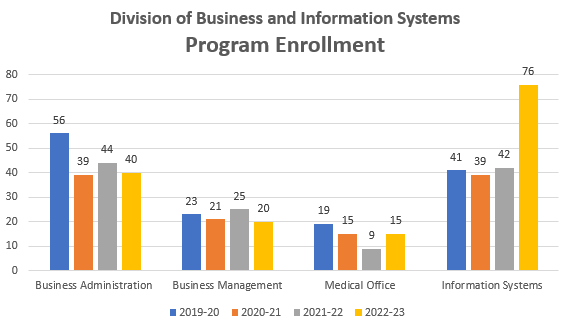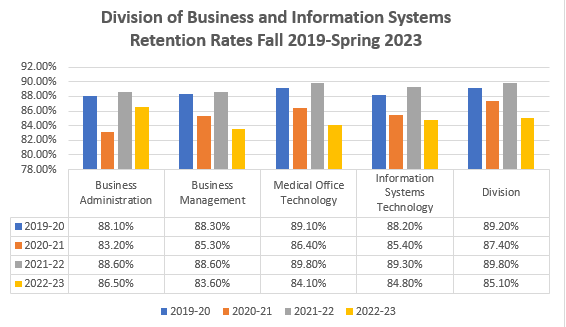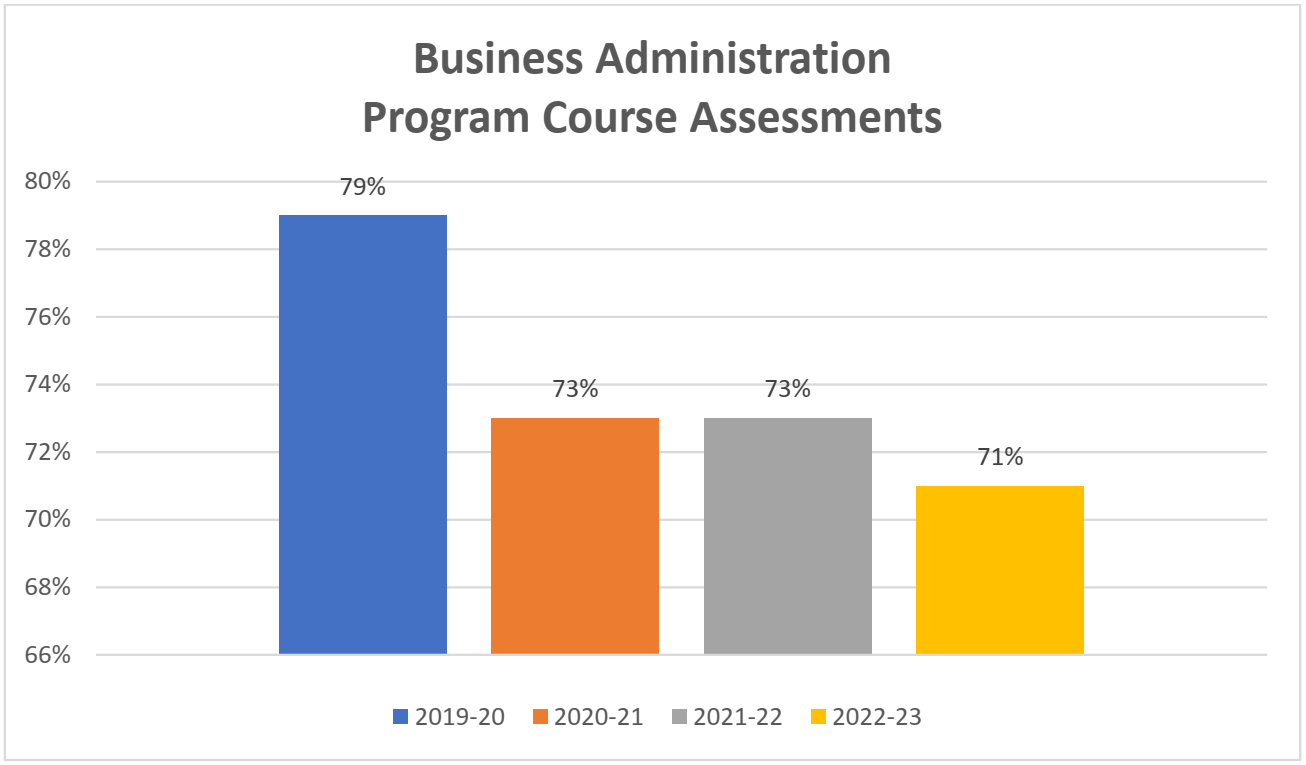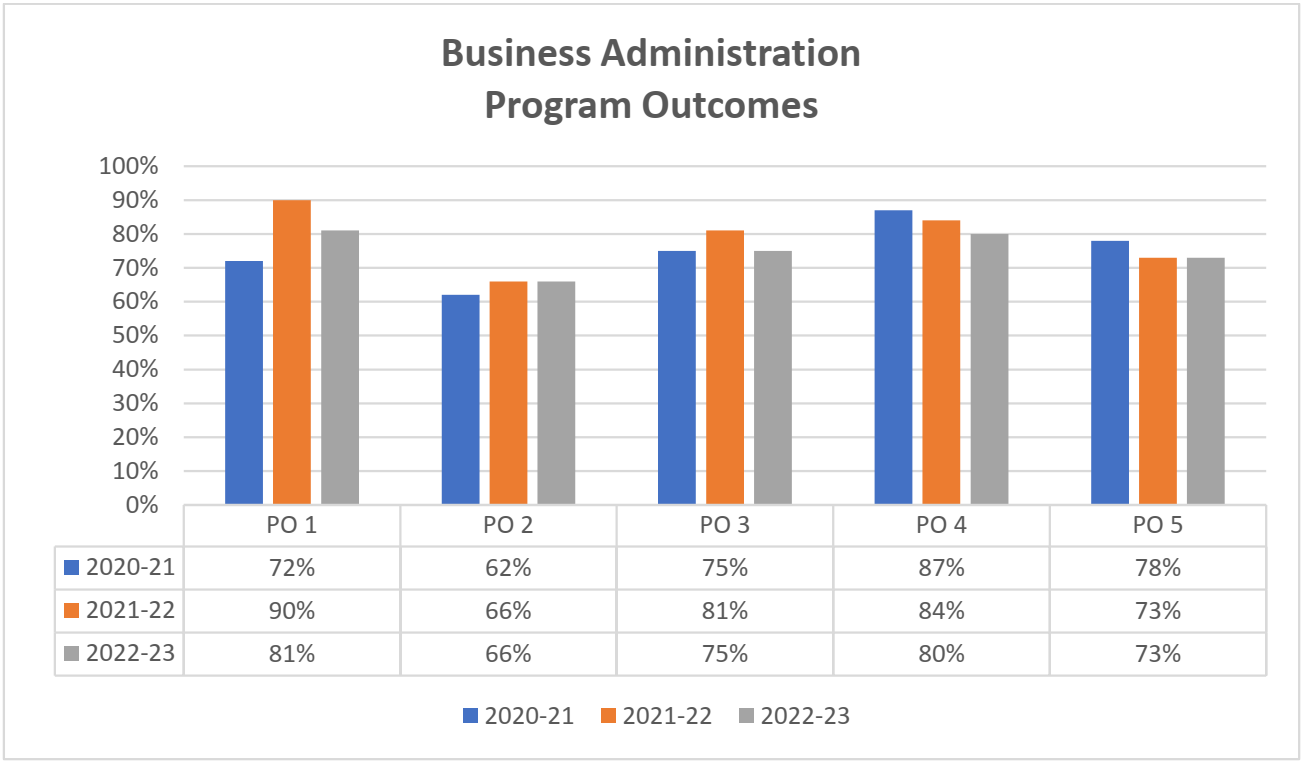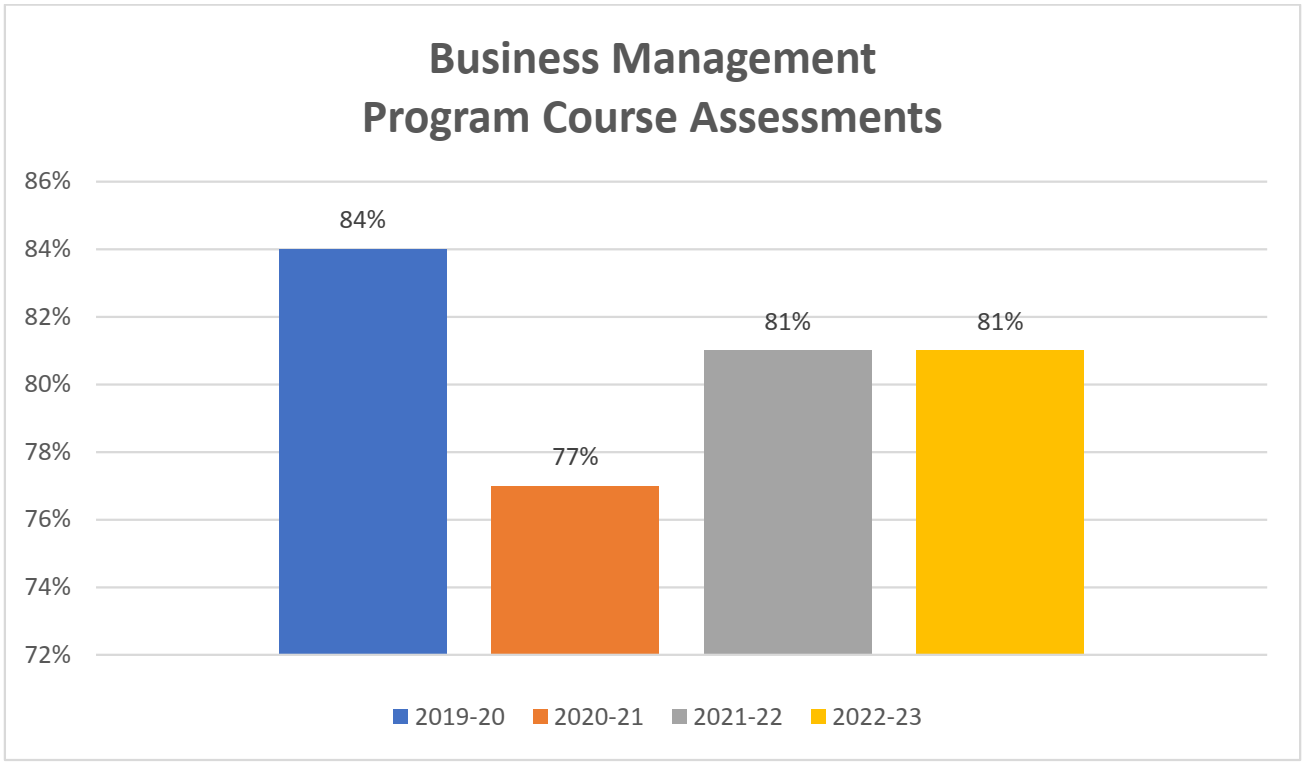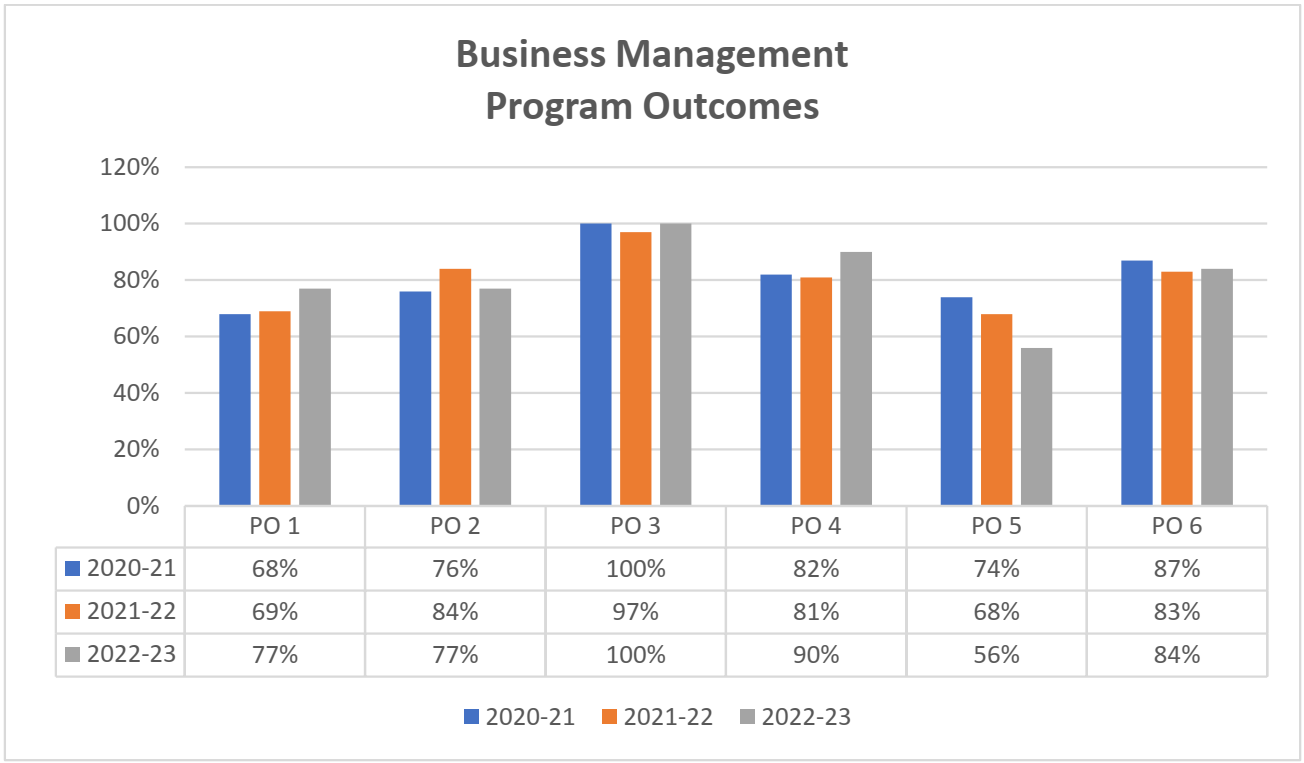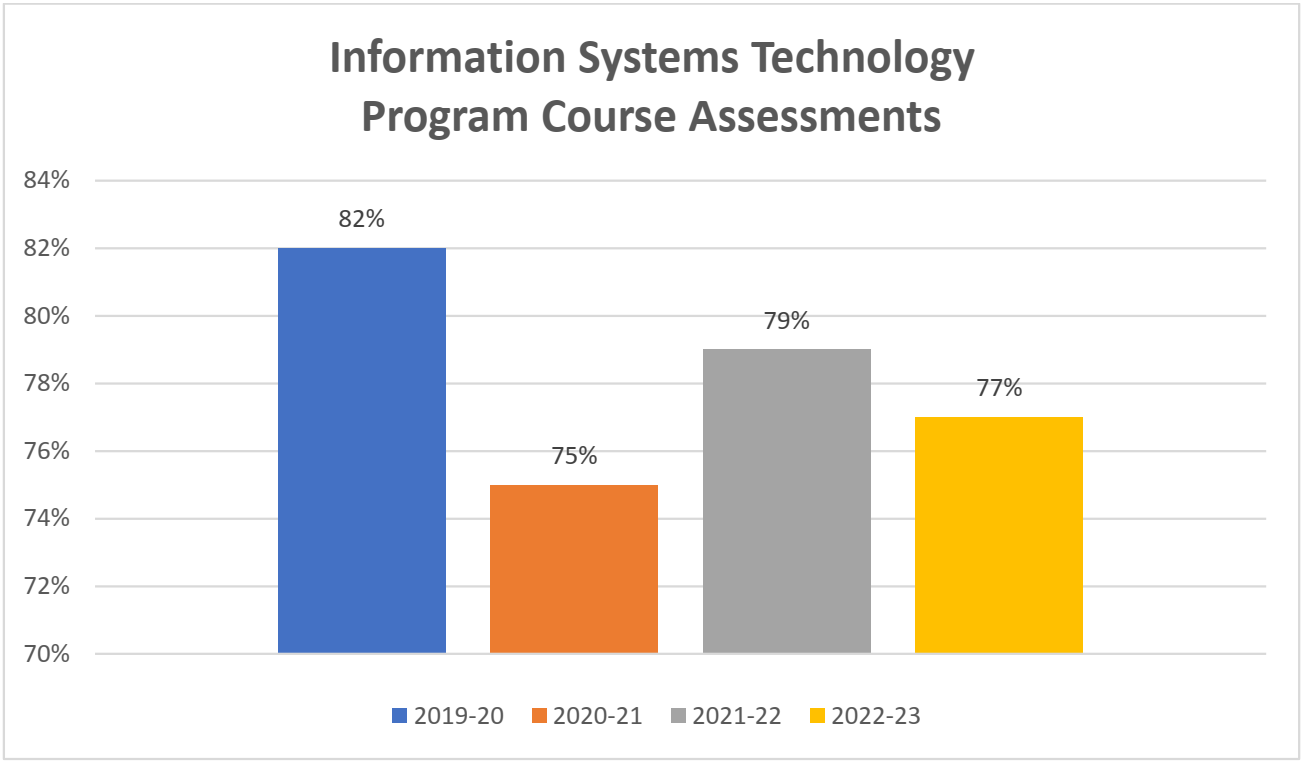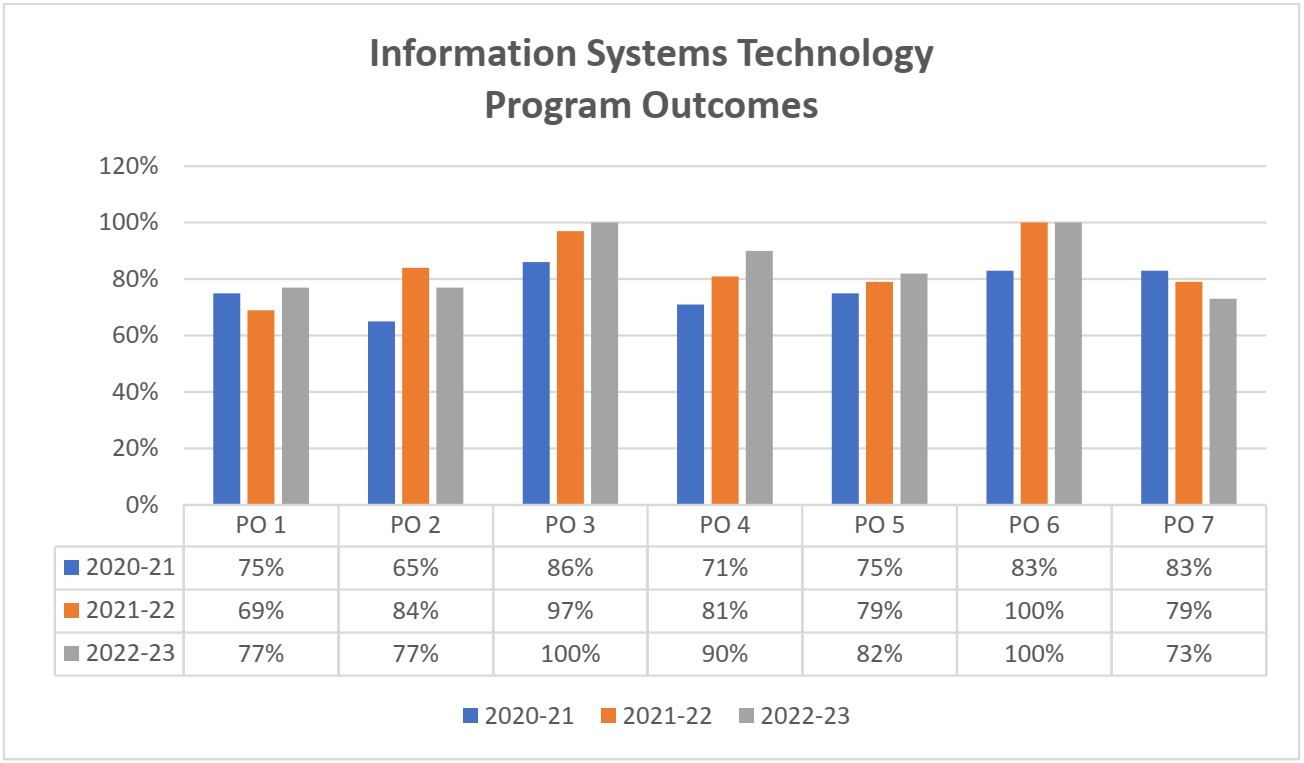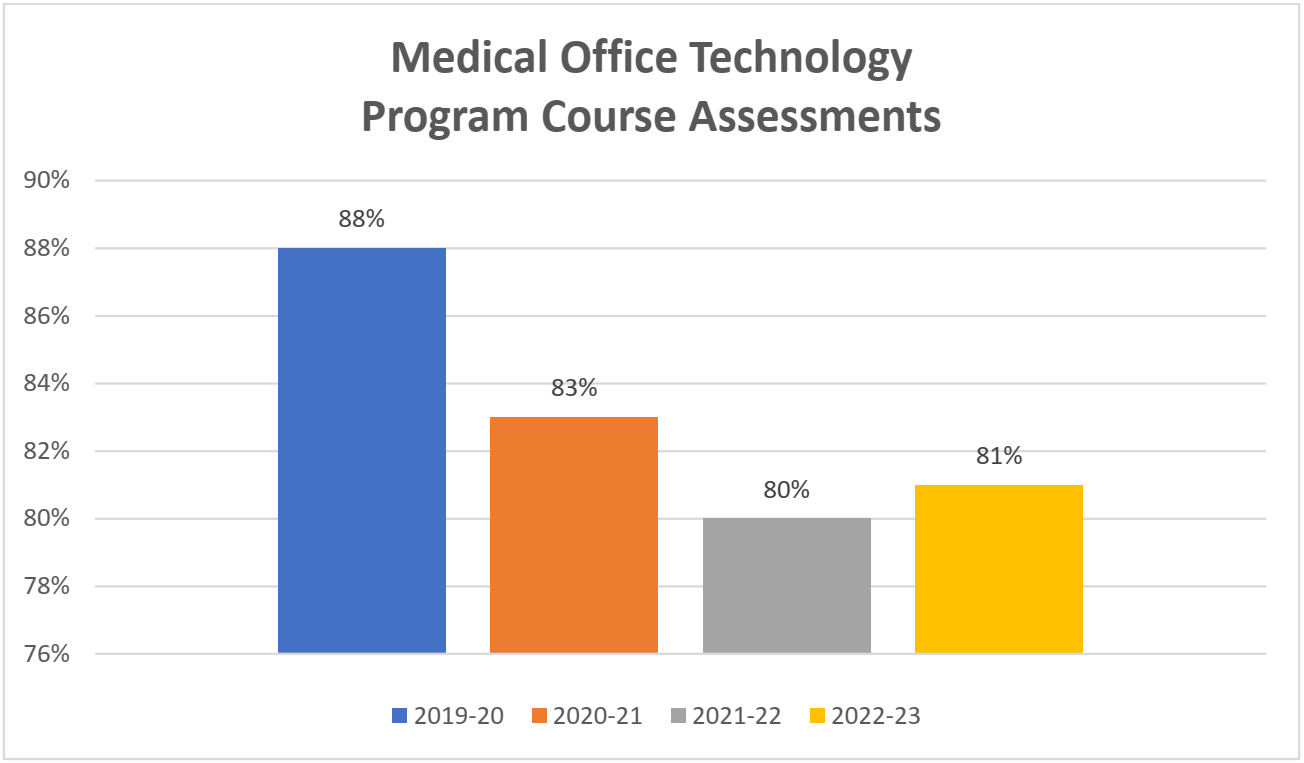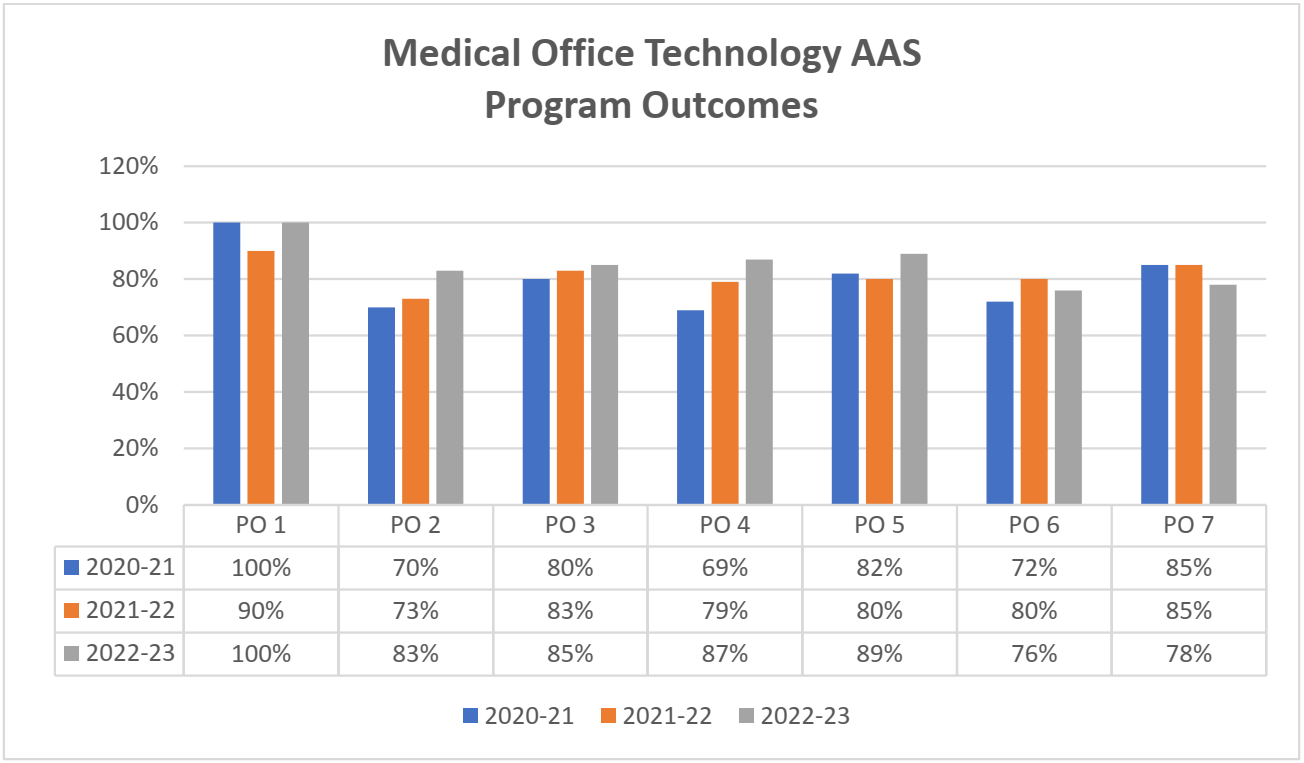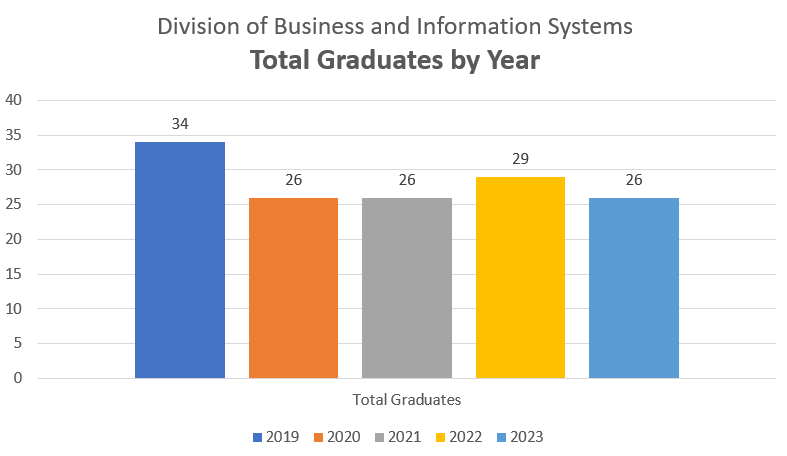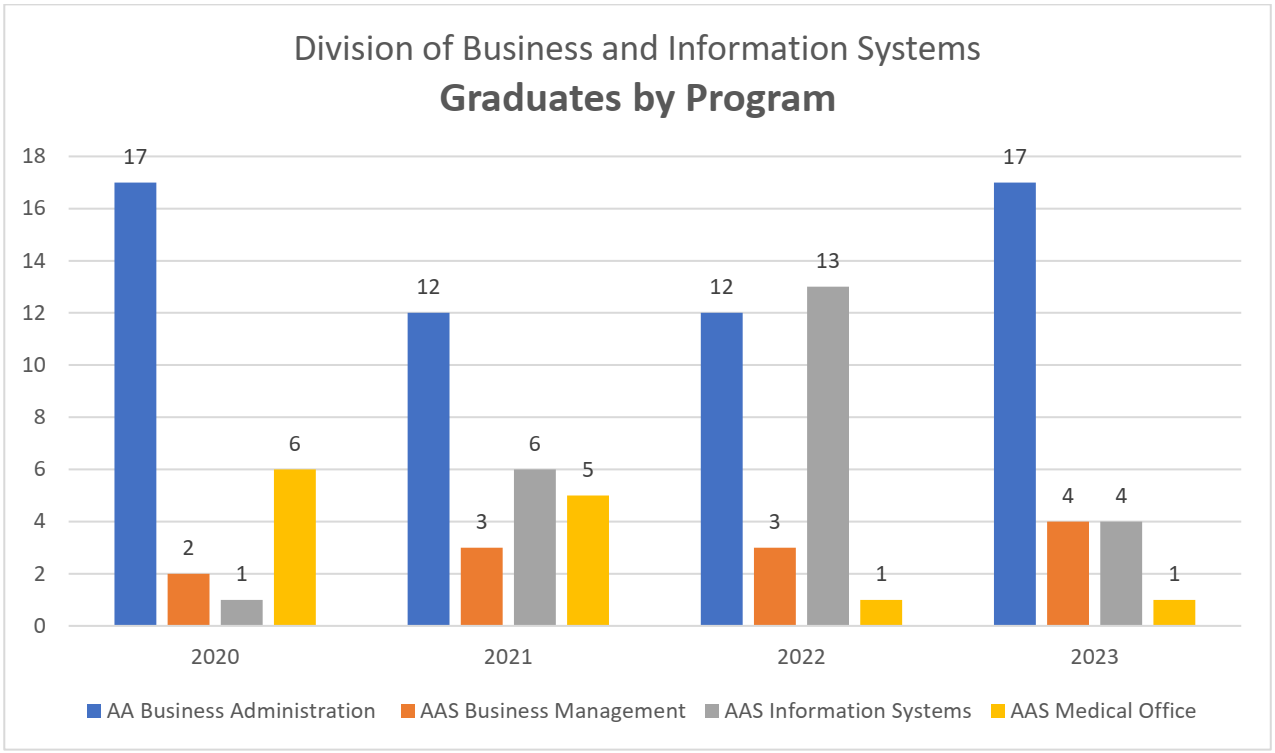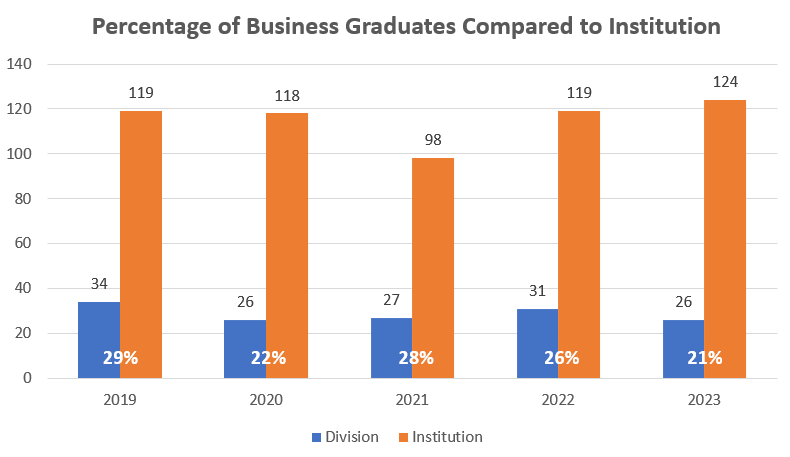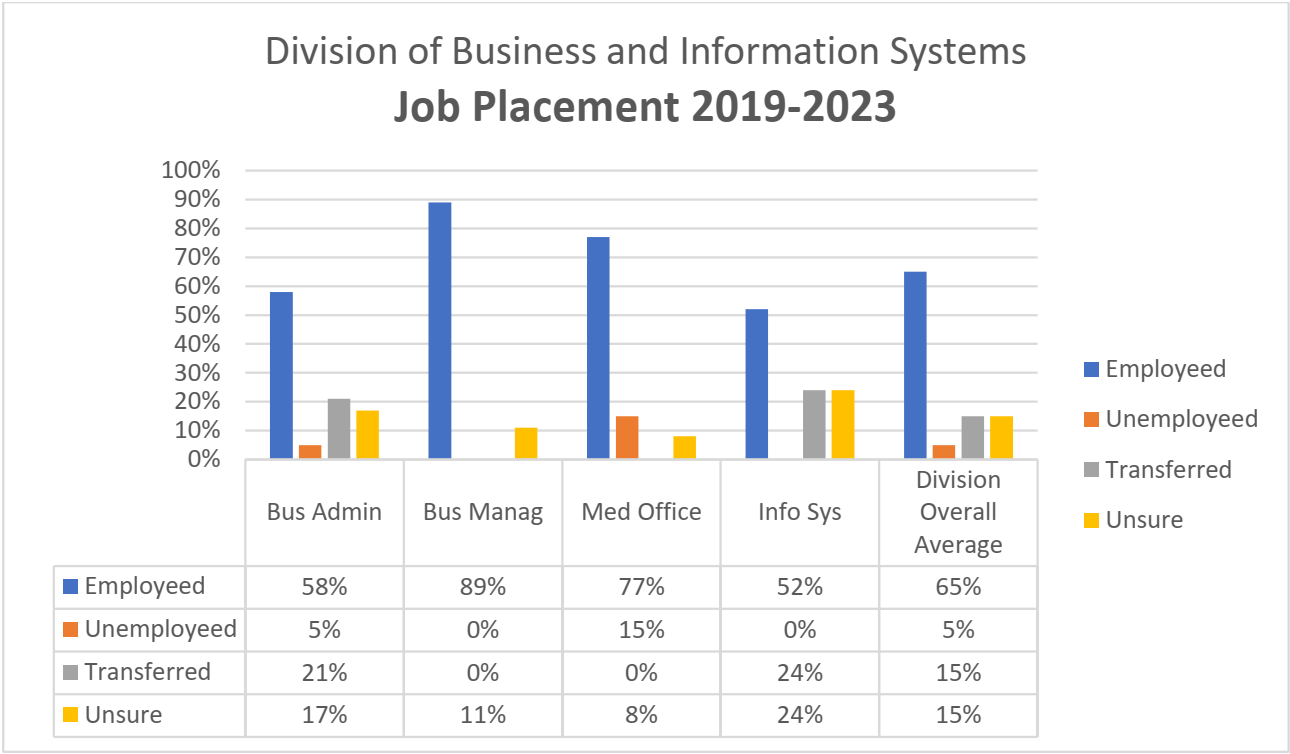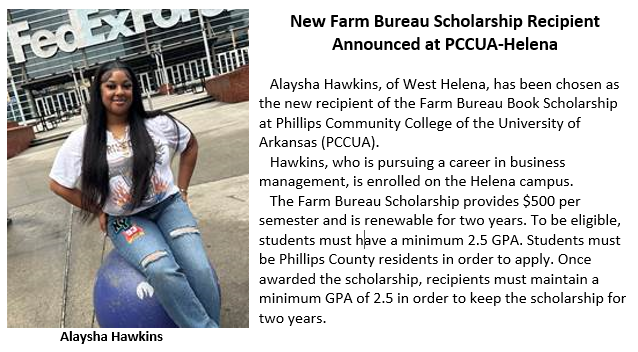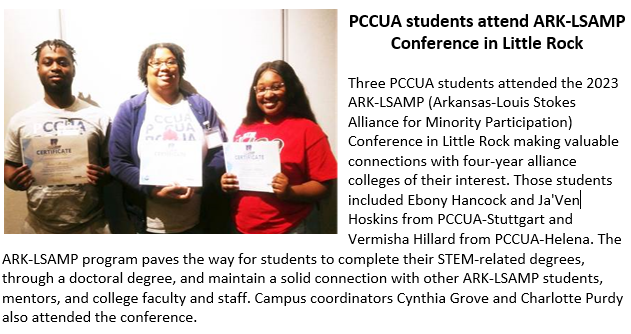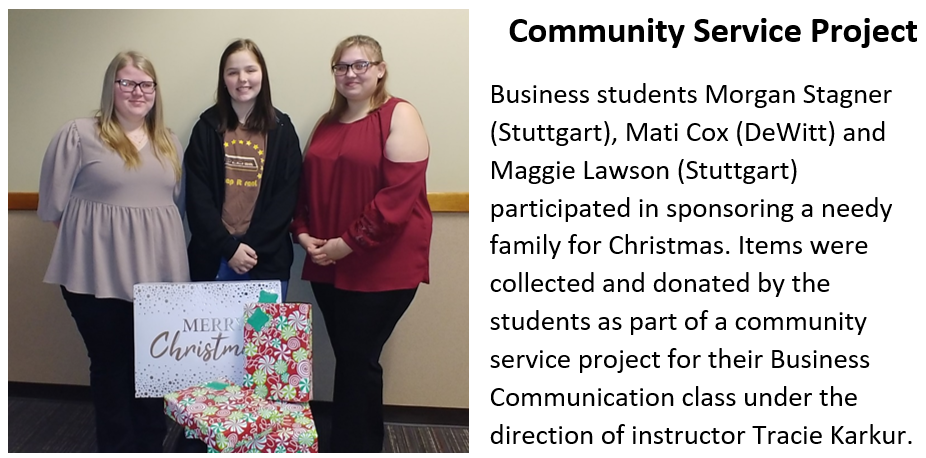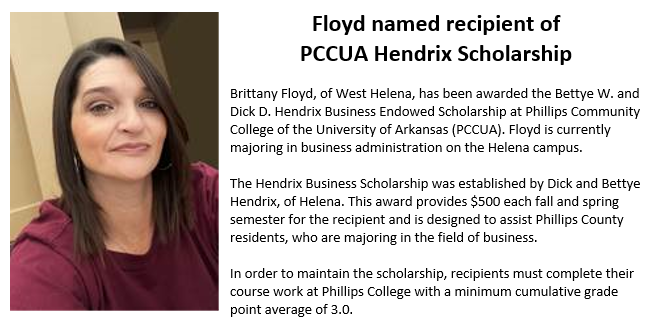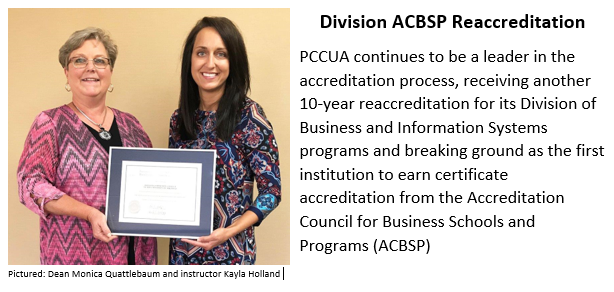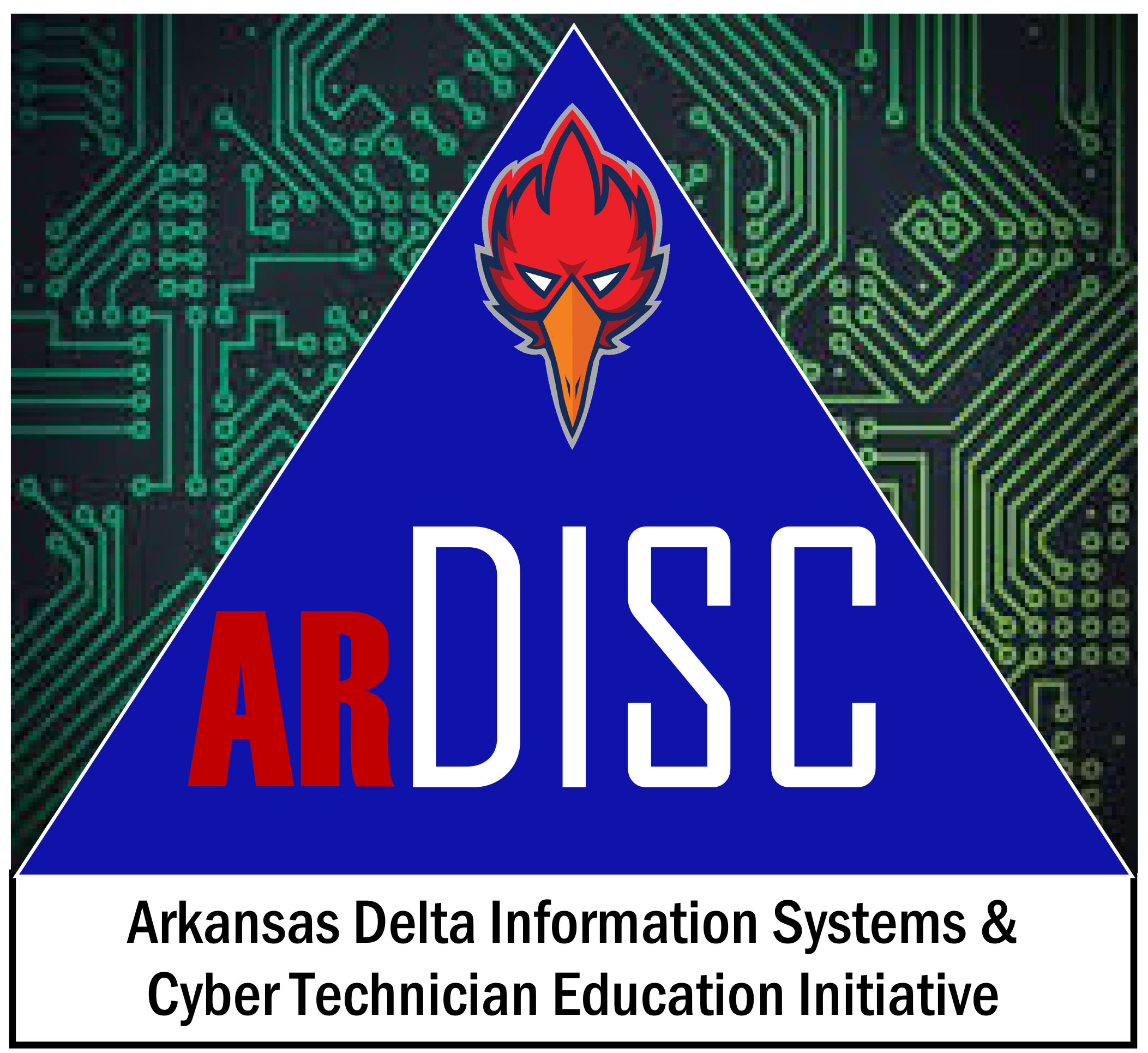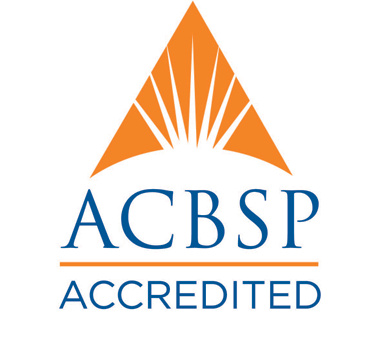Accreditation Council for Business Schools and Programs (ACBSP)
ACBSP ignites a standard of excellence with an accreditation process based on the Baldrige Education Criteria for Performance Excellence. By evaluating aspectsof leadership, strategic planning, relationships with stakeholders, quality of academic programs, faculty credentials, and educational support, ACBSP assesses whether or not business programs offer a rigorous educational experience and commitment to continuous quality improvement.
The ACBSP accreditation focuses on recognizing teaching excellence, determining student learning outcomes, and a continuous improvement model. ACBSP’s student-centered teaching and learning approach, which is measured and analyzed for quality, ensures that students gain the right skills from their educational investment. Institutions with programs accredited by ACBSP are committed to continuous improvement that ensures their business program will give students the skills employers want.
All business programs and certificates are accredited by ACBSP; business programs since 1999 and certificates since 2020. PCCUA was the first institution to receive Certificate Accreditation from ACBSP. More information about ACBSP can be found on their website at www.acbsp.org
